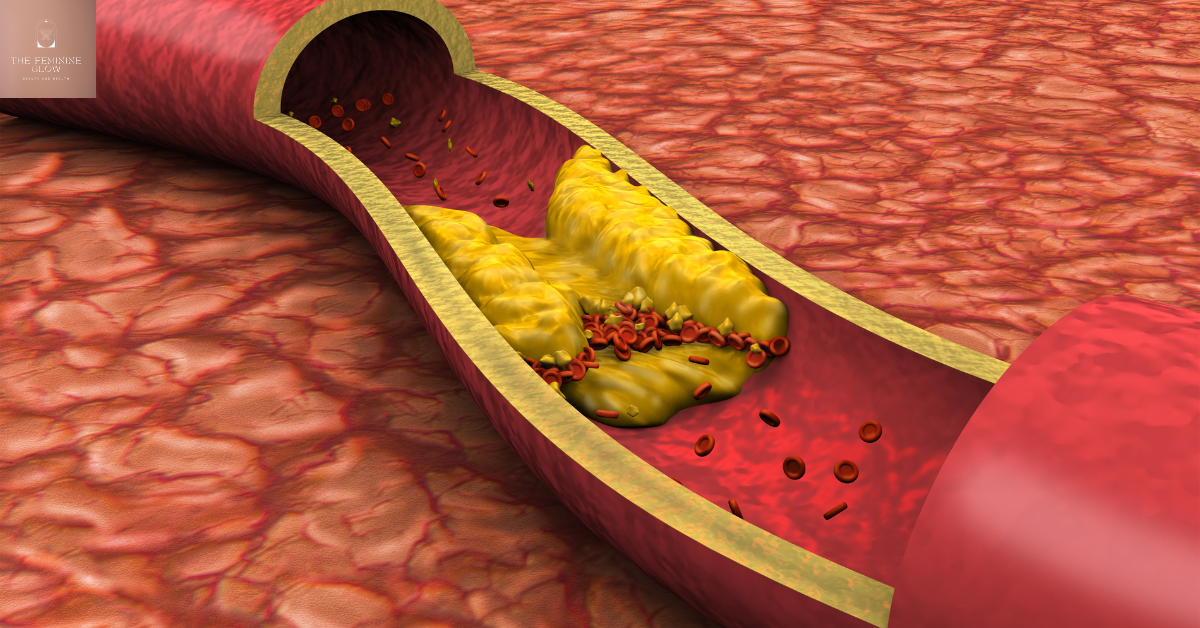Blocked arteries can lead to serious health risks, including heart attacks and strokes. The problem is, many people don’t realize their arteries are clogged until it’s too late. Here are 10 warning signs that your arteries may be in trouble.
1. Chest Pain or Angina
A tight, squeezing pain in your chest, especially during physical activity, can be a sign that your arteries are narrowed and your heart isn’t getting enough blood.
2. Shortness of Breath
If you often feel out of breath even with minimal exertion, it could indicate that your heart isn’t receiving enough oxygen due to blocked arteries.
3. Extreme Fatigue
Persistent tiredness that doesn’t improve with rest can be linked to reduced blood flow caused by arterial blockages.
4. Pain in Arms, Legs, or Jaw
Poor circulation due to clogged arteries can cause pain, tingling, or numbness in your extremities or even your jaw.
5. Erectile Dysfunction
Men with blocked arteries may experience difficulty achieving or maintaining an erection due to poor blood flow.
6. High Blood Pressure
Elevated blood pressure can indicate that your heart is working harder to push blood through narrowed arteries.
7. Leg Cramps or Numbness
Peripheral artery disease (PAD) caused by blockages in the leg arteries can lead to cramps, numbness, or slow wound healing.
8. Dizziness or Lightheadedness
Frequent dizziness may be a sign that your brain isn’t receiving enough oxygen-rich blood.
9. Swollen Feet or Ankles
Poor circulation due to blocked arteries can cause fluid buildup in the lower extremities, leading to swelling.
10. Unexplained Sweating
Sudden, excessive sweating without an obvious cause could be a warning sign of an impending heart attack.
How to Keep Your Arteries Healthy
- Eat a heart-healthy diet rich in fruits, vegetables, and whole grains.
- Exercise regularly to improve circulation and maintain a healthy weight.
- Avoid smoking and limit alcohol intake.
- Manage stress and get regular check-ups to monitor your heart health.
Don’t Ignore These Signs! If you experience any of these symptoms, consult a healthcare professional as soon as possible to prevent serious complications.
💡 Enjoyed this article? Save it on Pinterest and share it with others!





